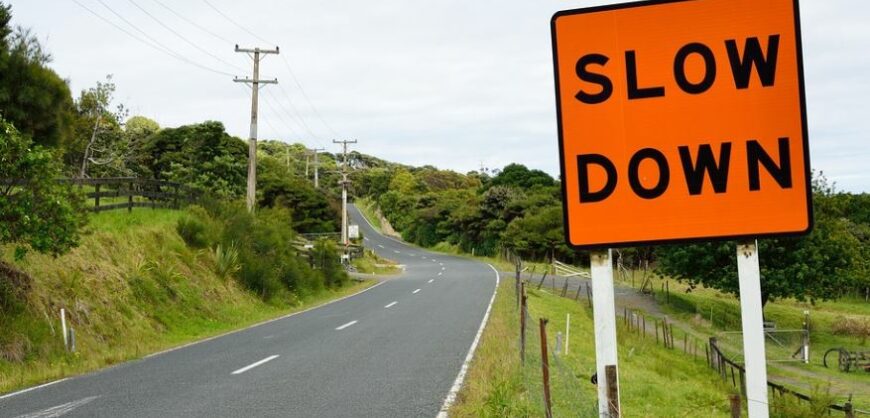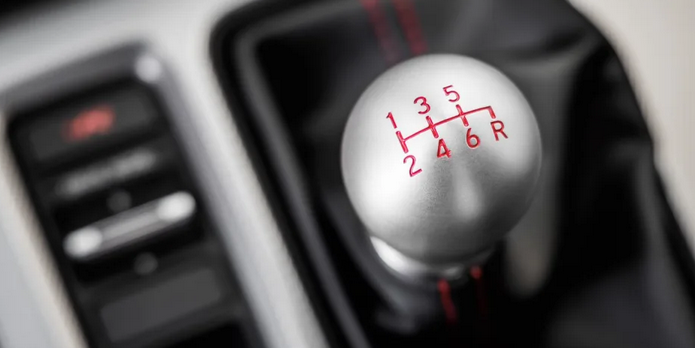Although, the countries in the European Union have to a large degree adapted their national laws in the efforts of the supranational body for further integration, road traffic safety and more specifically, speed limits and corresponding fines for violations of these limits are not one of those areas. This is understandable as these decisions are impacted by a series of factors that are nation-specific (geography, roads, climate, etc.)
But what are these speed limits and the fines a motorist has to pay if they violate them in both Greece and the EU?
Greece’s Road Traffic Code (KOK) defines the speed limits, and the corresponding penalties, which in some cases could lead to on-the-spot revocation of the driver’s license.
The maximum permitted speed limit for vehicles in residential areas is 50 km/h unless there is a special, local sign that defines another limit, which is still the case in many areas of our country and especially in some obscure provinces, which still have limits with 10 km/h.
On a motorway – i.e. a road axis that follows high construction standards and consists of three or two traffic lanes and one L.E.A., in each direction (e.g. Olympia Odos and Egnatia Odos), the upper limit corresponds to 130 km.
On an expressway/National Highway – i.e. on a two-lane road (one in each direction) with or without L.E.A. (e.g. Old National Road – Athens – Thessaloniki) the maximum safe speed allowed is 120 km/h. On another road network, the maximum permissible limit does not exceed 90 km/h.
What are the fines?
Greece implements some of the strictest penalties in Europe (proportional to per capita income) for violating speed limits.
In cases where the maximum speed limit is exceeded by more than 30 km/h, as well as for traffic on the highways at a speed of more than 150 km/h, on expressways at a speed of more than 130 km/h and on the rest of the road network with the speed that exceeds 120 km/h, an administrative fine of 350 euros is imposed and the on-the-spot removal of the driver’s license from the person who certifies the violation, for a period of 60 days.
also read
Two brand new Rafale fighters arrive in Greece (video)
Those who exceed the limit by more than 20 and up to 30 km/h are fined 100 euros. As the KOK clarifies, exceeding the maximum speed limit by up to 20 km/h (e.g. when a speed of 130 km/h has been developed on a road with a 110 km/h limit) results in an administrative fine of 40 euros.
It is worth noting that those who drive at a speed below the minimum permitted speed limit are also penalized, with a fine amounting to 80 euros.
Europe
The maximum speed limit in European countries is 130 km/h with the exception of Poland and Bulgaria, where it reaches 140 km/h. The country with the lowest speed limit on motorways is Malta at 80 km/h, followed by Cyprus and Norway at 100 km/h.
Liechtenstein has no motorways, while in Germany there are the well-known Autobahnen where – in some sections – there are no speed limits. It is worth noting that in Lithuania, for drivers with less than 2 years of driving experience, the speed limit on motorways is 100 km/h and on non-urban networks 80 km/h.







































